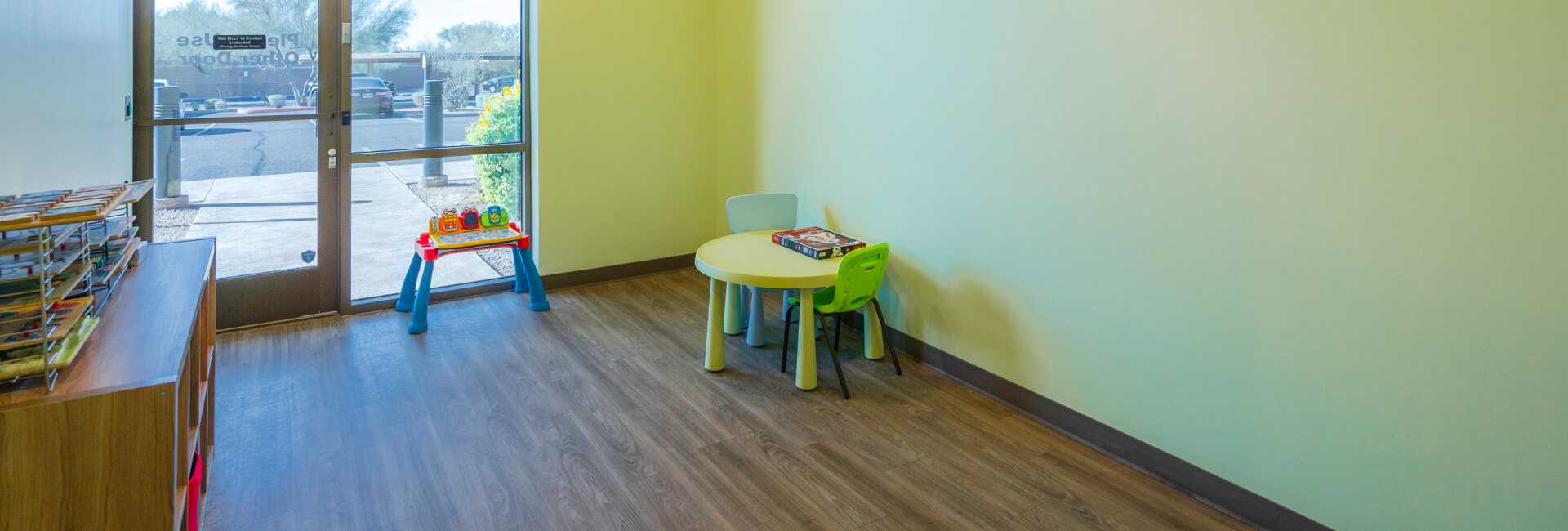Here’s Why Inclusive Education Benefits All Students
Benefits for students with disabilities
Research supports inclusion for students with disabilities. The following are some key benefits.
Expanded social and emotional development
Students with disabilities in inclusive classrooms have more opportunities for new friendships that can help expand their social network. Many children with special learning needs are bullied and made fun of in regular schools, leading to feelings of low self-worth. In our classrooms, children with disabilities are accepted and welcomed. Having friends and a social network are important factors in feeling supported in a learning environment.
Research shows that in schools where students with disabilities are kept in separate classes, they rarely make friends. However, in elementary schools with inclusive education, students with and without disabilities often become friends, and the students without disabilities don’t see students who learn differently as ‘the other.’ They simply accept them, which boosts feelings of self-worth among both populations.
Improved academic performance
Scholarly research provides very strong evidence that when students with disabilities learn alongside students without disabilities, their academic performance and attendance is better than for those educated in separate classrooms. Studies with a variety of student populations worldwide confirm this finding. Long-term educational and workforce attainment (e.g. high school graduation, getting a job, and/or higher education) follows the same pattern.
Teachers at Scottsdale Children’s Institute use teaching strategies that meet the needs of all learners. They use multisensory instructional tools, such as manipulatives like dominos or visual tools, for students who learn differently. These tools also help students without disabilities learn the concepts.
All of our teachers have a Master’s degree in behavior analysis or a similar field and have or are completing a BCBA (Board Certified Behavior Analyst) certification. They know how to work with students of different abilities and to help them achieve their potential.
Benefits for students without disabilities
An inclusive classroom also benefits students without disabilities. The following are some evidence-based reasons.
Decreased prejudice and increased tolerance
Going to school at an early age with students of different academic, social, and behavioral abilities decrease fear and prejudice against those who are different and increases tolerance of variations in human behavior and abilities. Making friends with students who act and learn differently helps your child on the normal spectrum accept those who are not.
The environment helps the student without disabilities learn to be attentive to the needs of others instead of avoiding or making fun of them. That learning carries forward to adulthood and impacts moral and ethical development.
Act as role models
Students without disabilities may serve as peer role models for students with communication and behavioral challenges. In addition, they reinforce their knowledge and pro-social behaviors by working with and helping students with disabilities.
Positive or neutral impact on academic development
The overwhelming majority of studies on the effect of an inclusive classroom on students without disabilities found either a neutral or a positive impact.
Find out what your child may be missing. Call Scottsdale Children’s Institute at 480-410-4060 today to see our inclusive classroom environments or use our online contact form.





